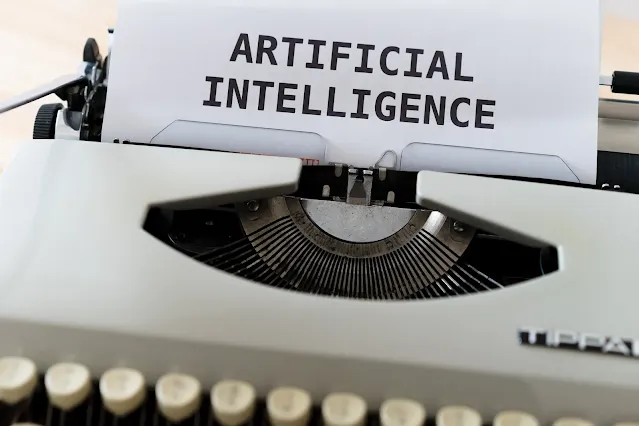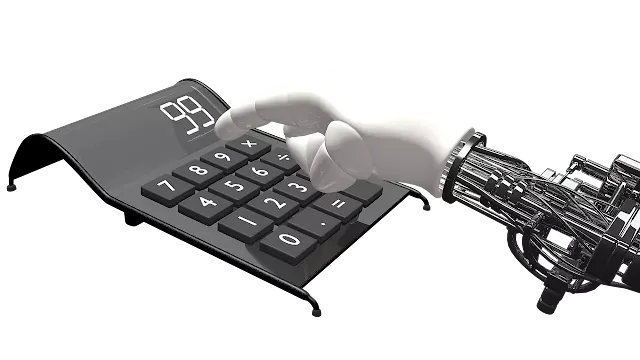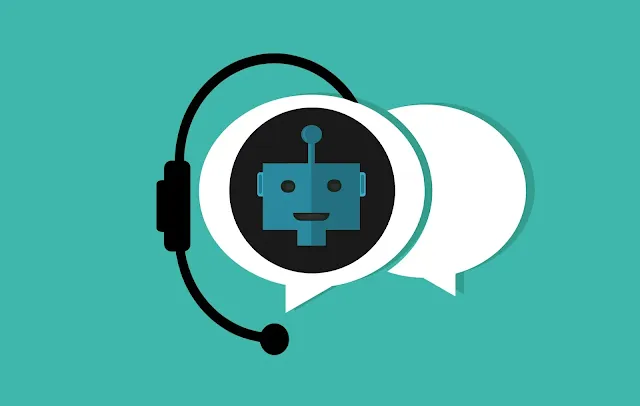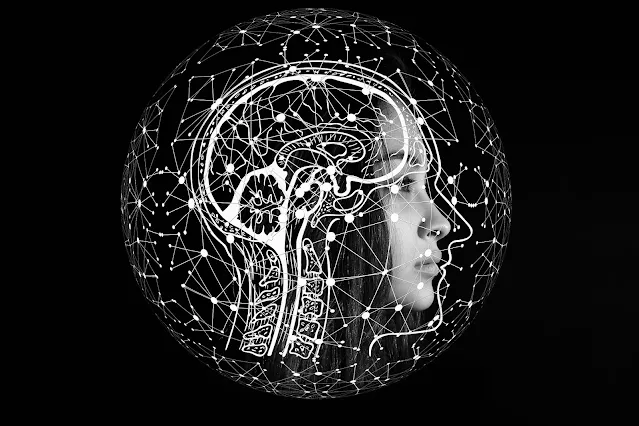 |
| Artificial intelligence |
Artificial intelligence (AI) is a category of software that can do things that would normally need human intelligence, like vision, speech recognition, decision-making, and language translation.
Artificial intelligence does not have to be sentient; in fact, the term "artificial intelligence" was coined to differentiate it from natural intelligence. It can also apply to any technology that enables computers or machines to perform jobs that would otherwise necessitate human intelligence.
Robotics, customer service, logistics, medical diagnostics, and the Internet all use artificial intelligence.
Artificial Intelligence (AI) Working
 |
| AI Working |
An AI can study the data strings it needs to complete its work. The machine will analyze the data and use it to improve its overall performance. As a result, the machine can respond fast to a crisis. The system's human training is one of the most reliable sources of training.
When a human interacts with a system to give it data, the system already has a limited understanding of the situation. A significant percentage of the data will be accounted for by the software that the system will utilize. This is one of AI's most significant benefits. Before the AI is asked a question, it is always provided the knowledge.
An AI would be unable to solve all problems or all problems at the same time. The AI will assign distinct duties to each inquiry, each of which should include all aspects of the decision-making process. Because the AI was educated in the same way, this procedure will eliminate errors because the mechanism to complete particular tasks will already be in place.
Types of Artificial Intelligence
Artificial Intelligence is not limited to itself, AI falls into different categories. Let's take a look at how Artificial Intelligence plays a role in different categories.
Deep learning
 |
| Deep Learning |
The power behind deep learning comes from computers' ability to learn, adapt and make predictions. In order for computers to learn, they need data—lots of it. For example, if a company wanted to teach a computer how to recognize dogs in photos, it would show the computer thousands or even millions of images containing different breeds and their associated names (e.g., a Labrador retriever). In that way, computers can then start to recognize patterns: If four legs + long ears = dog.
Deep neural networks
One of those key technologies is deep neural networks, which are powerful computational systems that can perform a wide variety of tasks. Neural networks can learn from experience, and there’s a growing amount of evidence to suggest that machines trained using neural nets are much better at understanding language than even humans themselves.
In fact, Facebook uses neural nets for everything from translating posts into different languages to filtering out pornography. And Google famously used a neural net to build an AI capable of identifying cats in YouTube videos with an accuracy that beat that of professional human workers.
Recurrent neural networks
 |
| Recurrent neural networks |
Neural networks are a type of artificial intelligence system that tries to simulate how the mind of a human operates. They are made up of a series of interconnected layers, each with its own set of weights, that process input in discrete phases. Early neural networks were exceedingly basic, consisting of only one or two layers, and didn't even come close to replicating our brains.
Modern iterations make use of large-scale parallel processing and GPUs, but they are still incapable of deep learning as we know it today.
Natural language processing
 |
| Natural language processing |
As artificial intelligence (AI) systems become more widely used to assist people in interacting with technology, they will be required to identify human voices and comprehend documents written in everyday language. Natural language processing is a wide field that encompasses anything from sarcasm recognition to spelling problems. NLP is a fascinating field because it needs computers to grasp and comprehend texts in the same way that humans do—rather than just statistics or visuals, as many classic AI systems do.
Natural language processing has already proven to be effective in applications such as search engines and automatic speech recognition, in which users type natural-language searches into search bars or speak naturally into their phones.
Conversational agents
 |
| Conversational Agents |
You've used conversational agents if you've ever used Siri, Cortana, or Google Now, which are the next step in putting artificial intelligence into everyday tasks. It's frightening to consider how far we still have to go. When machines make mistakes, it's also frustrating. We use a lot of websites and apps that are frustrating to use due to poor coding; hopefully, conversational agents will not have the same problems.
The potential is enormous: in the not-too-distant future, computers may aid with medical diagnoses, drive our cars while we sleep (or watch Netflix), and prepare food for us based on our nutritional needs or taste preferences—all without requiring human participation!
Human-computer Interaction
 |
| Human-computer interaction |
Artificial intelligence is becoming more visible as a significant influence on our future. With this in mind, it is more important than ever for computers to communicate with humans in a natural way, through speech and text. Researchers must first discover how humans communicate with one another before using technology to mimic those relationships in order to achieve meaningful human-computer interaction.
We'll look at how far we've come in terms of human-like speech and text recognition in today's post, as well as how computer scientists are using our knowledge of human communication to improve their models. The remainder of the story is available on my website.
Security and ethics
 |
| Security and Ethics |
When you hear about artificial intelligence, you probably think about Skynet and other scary scenarios. But actually, AI has a huge role to play in safety and security. Robots are much better at some jobs than humans (e.g., laser-targeted bombing) and better-armed robots mean that fewer human soldiers need to be sent into harm's way.
And as AI becomes better at understanding language, it will become an increasingly effective tool for identifying fake news, offensive content, and propaganda.
Conclusion
When it comes to AI, it is true that it will automate and remove a lot of professions, such as manufacturing processes and industrial worker tasks, but it will also assist in the creation of new ones. Every industrial revolution has seen the end of certain types of work profiles and the creation of new ones, and AI will be no exception.

Post a Comment